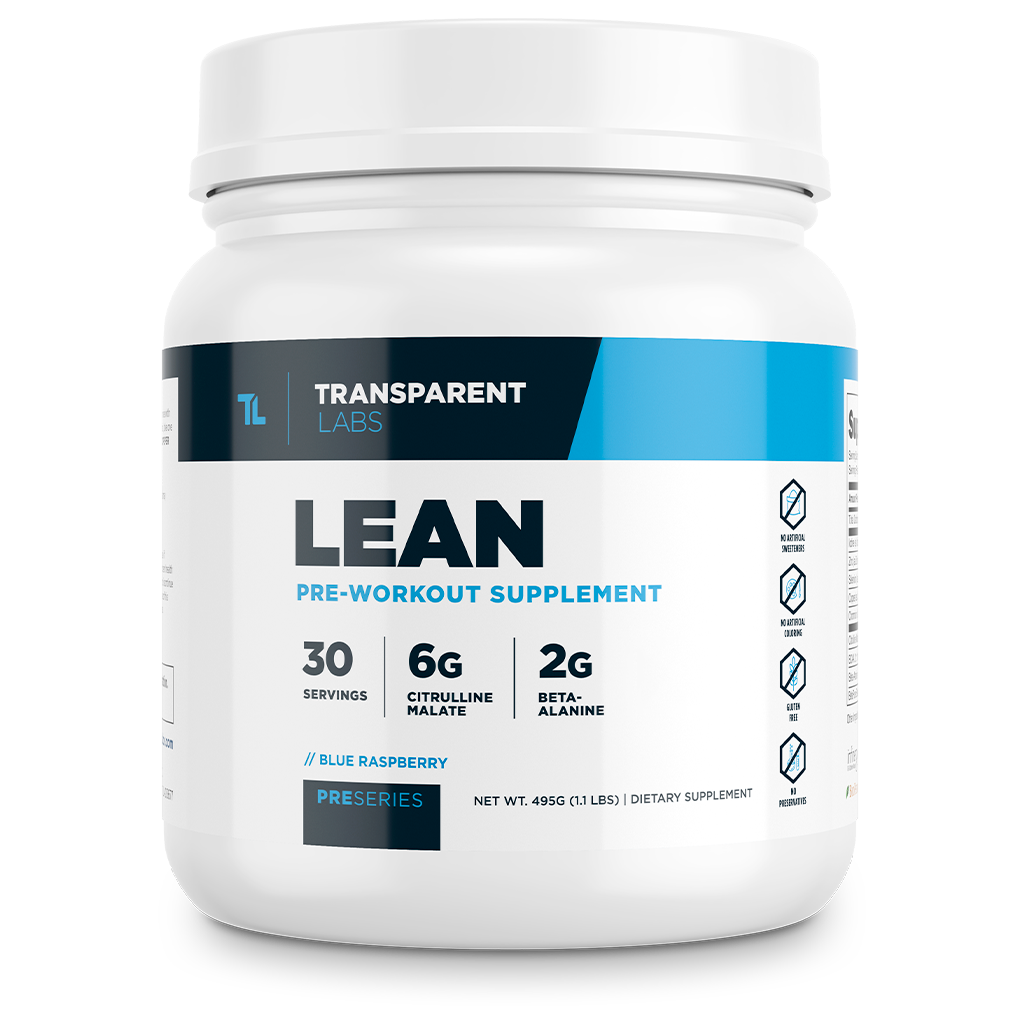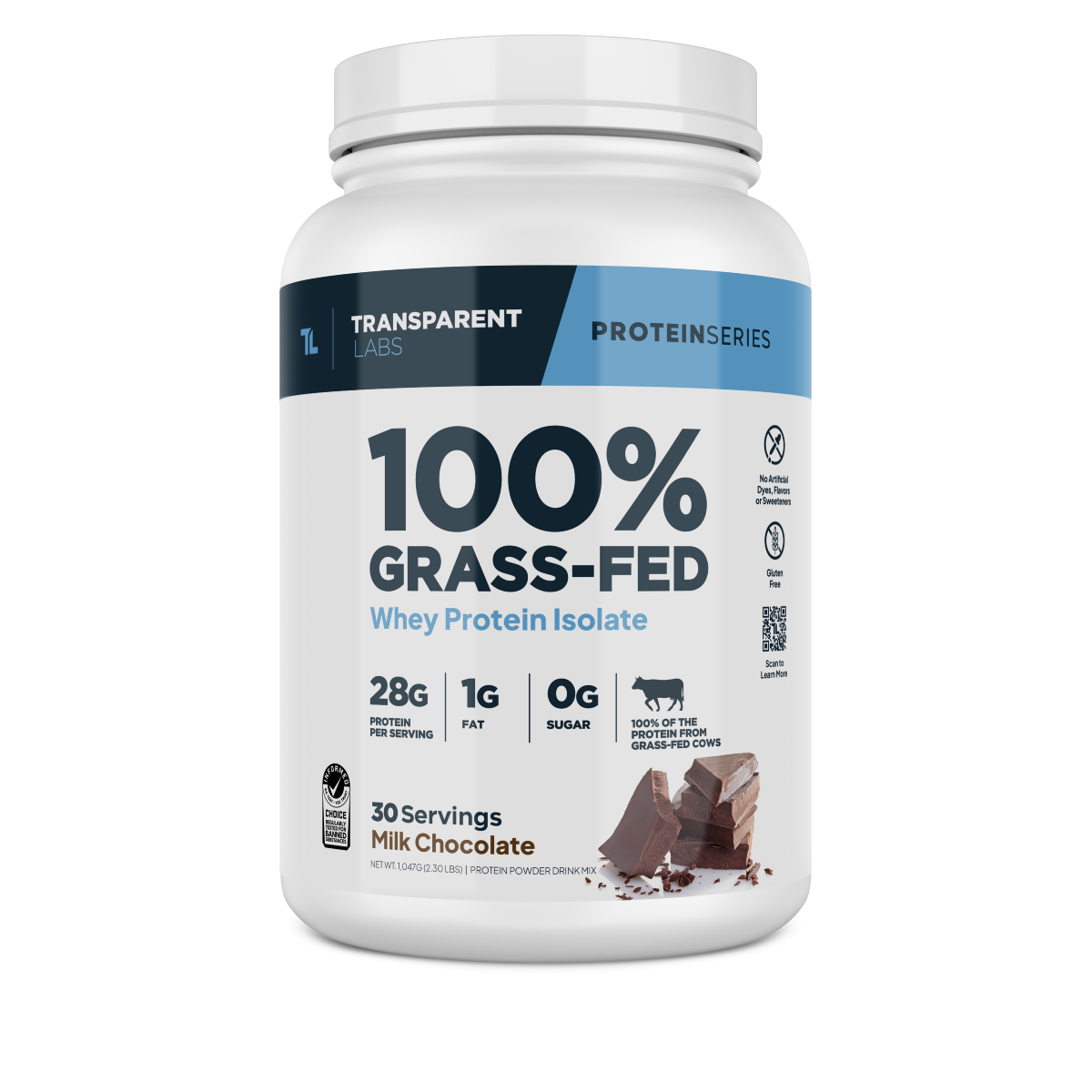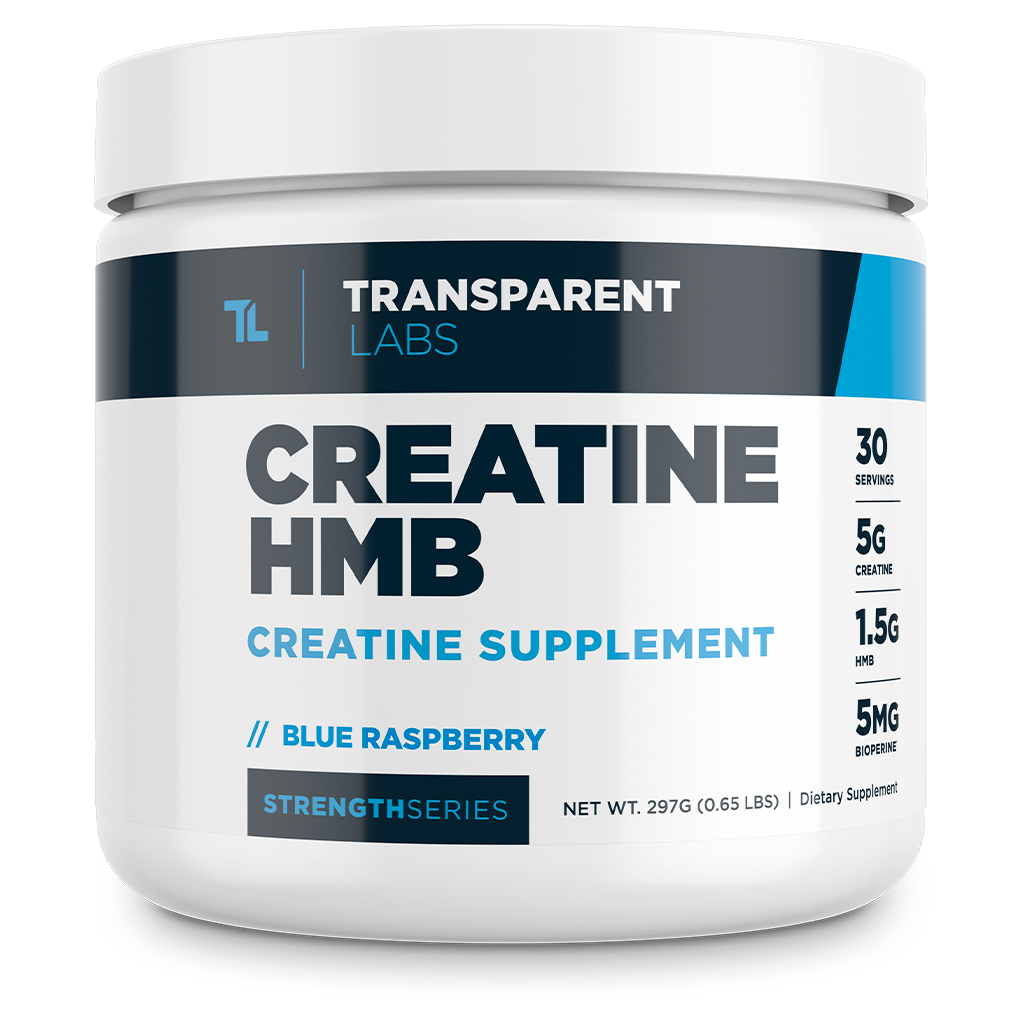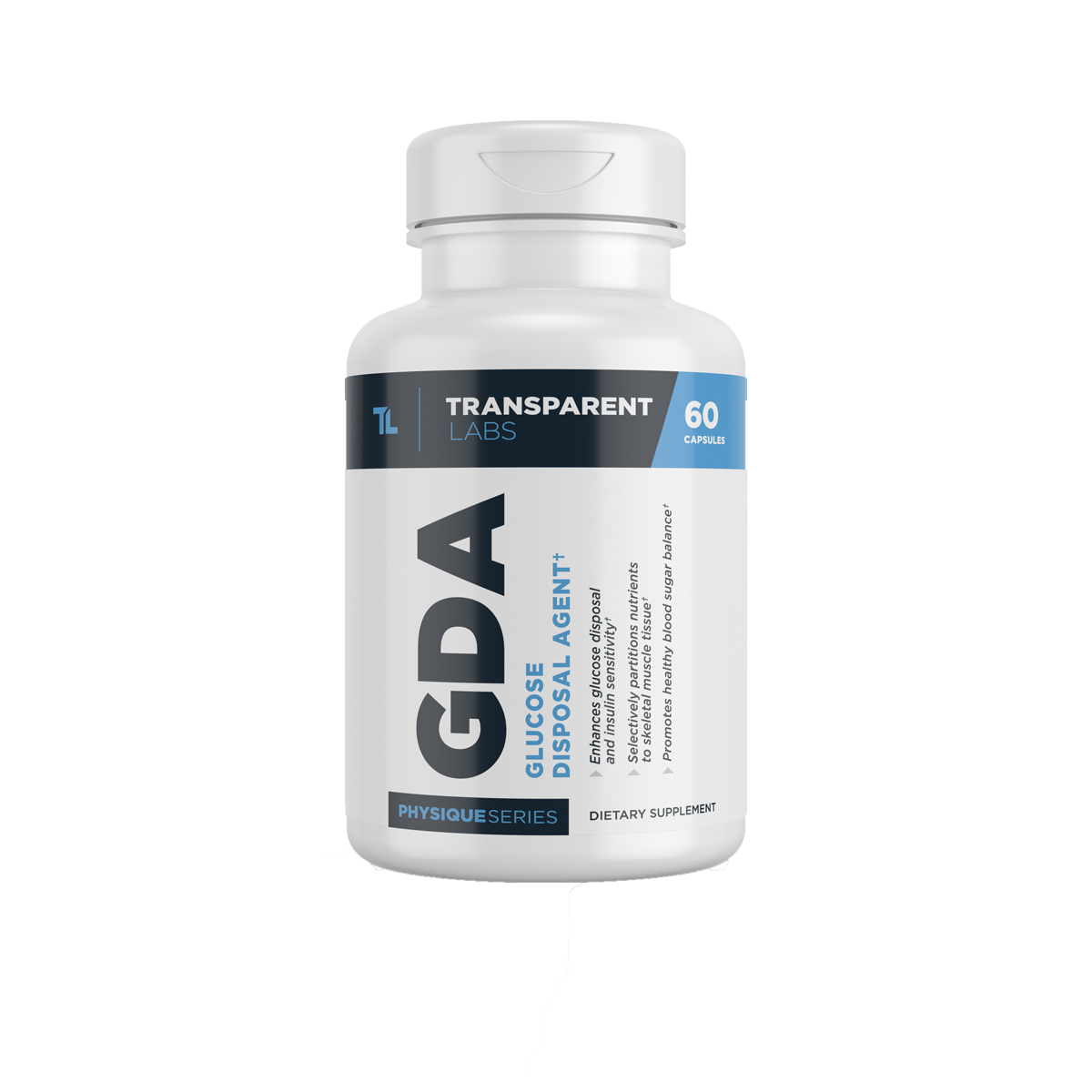Most Common Krill Oil Benefits Compared to Fish Oil
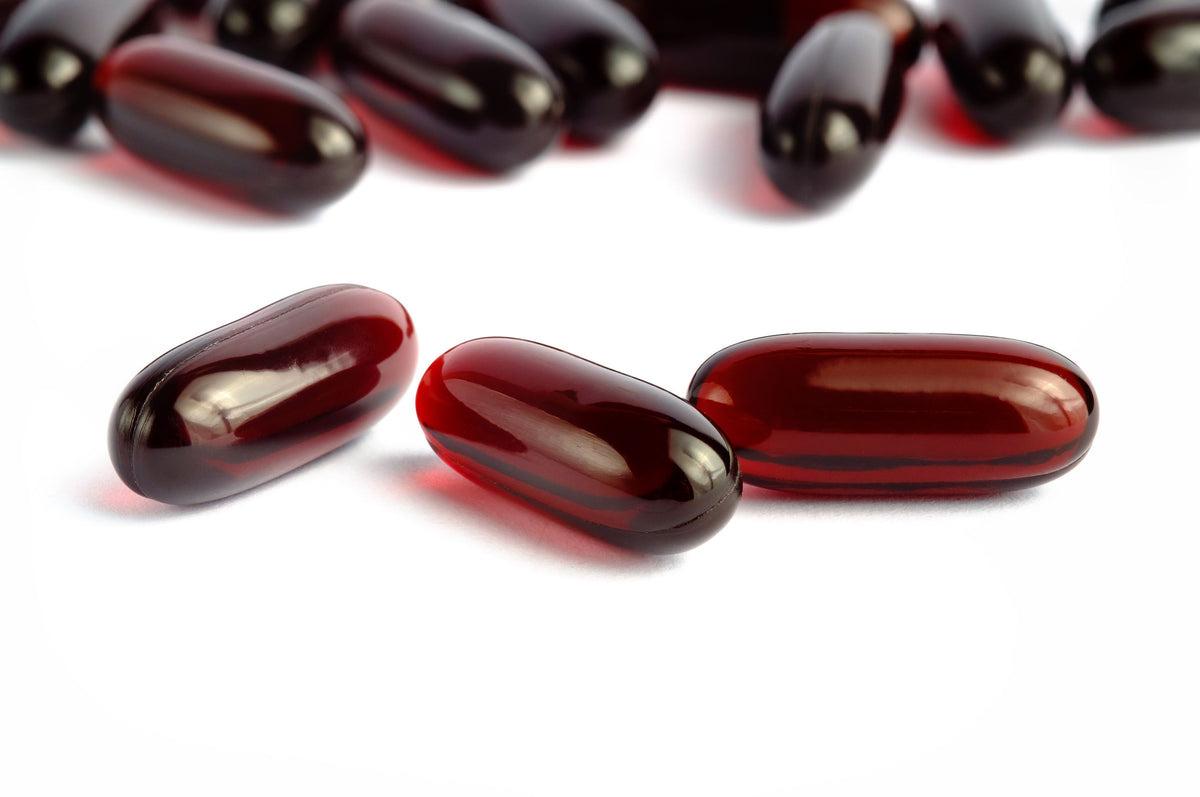
The benefits of omega-3 supplements are well known. They’re good for preventing heart disease, promoting lifelong brain health, they offer anti-inflammatory benefits, and they can support treatment plans for depression. [1, 2, 4, 4] Fish oil and krill oil are the most widely available sources of omega-3 essential fatty acids. They offer many of the same health benefits, with a few specific differences. Many individuals begin an omega-3 supplementation program with fish oil, unaware of the additional benefits krill oil has to offer.
Krill oil, which comes from tiny, shrimp like creatures in the ocean, has several advantages over fish oil. Some of the benefits of krill oil over fish oil include increased bioavailability and fewer adverse digestive symptoms. Krill oil also offers antioxidant benefits. Let’s take a look at krill oil versus fish oil benefits.
What does bioavailability have to do with an omega-3 quality?
Bioavailability is the supplement/drug/food source’s ability to be absorbed by the body.
The body’s ability to absorb a dietary supplement into the bloodstream is often imperfect. There are many factors that influence the body’s ability to absorb omega-3 fatty acids: the form of the nutrient, its source, and quality. It is entirely possible to take an omega-3 supplement but still be deficient, since the body does not absorb all that it takes in and some forms of omega-3 may prove to be inefficient and too difficult for the body to absorb.
Additional factors may influence how much of a nutrient is fully utilized and ultimately beneficial to the body. If you take certain prescription medications, have pre-existing medical conditions, or are over the age of 50, you may have impaired ability to absorb certain nutrients, including omega-3 essential fatty acids. This is one reason why you should consult with your doctor if you suspect any nutritional deficiency, as only a doctor can test you for vitamin, mineral, and omega-3 levels to ensure you are not deficient.
So, to answer the question of what bioavailability has to do with the quality of an omega-3 supplement, the answer is: everything. If a supplement is not in a highly bioavailable form, your body simply will not be able to absorb the omega-3 and utilize its benefits.
Krill oil is more bioavailable than fish oil

In krill oil, up to 65% of the omega-3 fatty acids are stored in a phospholipid form, with the remaining amount being stored as triglycerides. In fish oil, these ratios are reversed. Science shows us that because krill oil’s omega-3 is stored as phospholipids, krill oil is better absorbed by the body. [5] This is due in part to the fact that phospholipids are water dispersible, meaning they are partly water soluble and partly fat soluble. Fish oil, on the other hand, with the bulk of its omega-3 stored as triglycerides, is only fat-soluble. None of the omega-3 will dissolve in water, so if there is not an intake of fat in the same meal as the fish oil supplement, the omega-3 will not be available to the body.
The best way to measure the bioavailability of krill oil (or any other omega-3 supplement) is by having a blood test taken that measures the omega-3 index. This is the way many scientific research studies are conducted that compare the bioavailability of various types of omega-3 supplements.
Several studies have shown that krill oil is more bioavailable than fish oil. [4, 6] This means that you are more likely to experience the full benefits of omega-3 when taking krill oil instead of fish oil, even if you are taking a lower dose of krill oil than you would be taking of fish oil.
Krill oil offers many key benefits for athletes over fish oil.
- Decreases inflammation
- Promotes lipid metabolism and lowers cholesterol
- Eases PMS symptoms
- Gentler on the stomach
- Increases emotional health
- Smaller tablet size
- Supports brain health
- Decreases inflammation
Athletes and recreational sports participants alike are constantly dealing with the effects of inflammation. A boost in muscle power and growth is often accompanied by microscopic tearing, which triggers inflammation. Additionally, joints and muscles are under constant strain during training and are prone to inflammation and soreness.
The quicker you can get this inflammation under control, the sooner you can resume training and build steadily toward your goals. Omega-3 supplementation from marine sources is recommended to help the body deal with the effects of inflammation.
Krill oil is a highly bioavailable source of omega-3 fatty acids. A study published in the Journal of the American College of Nutrition indicated that krill oil supplementation may improve joint and knee pain and ease inflammation. Another study indicates that omega-3 supplementation may help prevent sports injuries. [7]
- Promotes lipid metabolism and lowers cholesterol

Research into krill oil has found that krill oil performs better than fish oil in many areas.
One of krill oil’s unique benefits are that it promotes lipid (fat) metabolism, while fish oil does not appear to offer this benefit.
A research study performed in 2013 showed that krill oil is effective at promoting lipid metabolism. Furthermore, krill oil was shown to be more effective at lowering cholesterol than fish oil. [12]
- Eases PMS symptoms
For many women, symptoms of premenstrual syndrome like bloating, cramps, and pain can interfere with training schedules and sports performance. Many studies have indicated that women who take an omega-3 supplement may experience decreased cramping, pain, anxiety, bloating, moodiness, and abdominal discomfort. [8]
In recent studies comparing the effects of krill oil and fish oil on premenstrual syndrome, krill oil has emerged as the clear winner. The study showed that participants who took krill oil needed less pain medicine to manage their symptoms of PMS. Study participants who took krill oil as opposed to fish oil or a placebo reported less period pain, breast tenderness, and emotional symptoms, leading the study authors to conclude that krill oil was better than fish oil for PMS. [9] These and many other studies indicate that krill oil is the preferred form of omega-3 for women who are concerned with minimizing the symptoms of PMS.
- Gentler on the stomach

One of the most common complaints people have with fish oil supplements is digestive problems. This can range from experiencing fish-flavored burps, having a fishy taste on the breath, or experiencing stomach discomfort. These unpleasant symptoms stem in part from the difficulty many people have in digesting concentrated fish oil, and partially from the quality of the tablet and its ability to stay intact until exiting the stomach.
For some people, the unpleasant fishy taste from fish oil tablets can last up to two or three hours after taking a fish oil tablet. Krill oil is an alternative to fish oil that is much more easy to digest. It is much less likely to cause a fishy aftertaste or fish-flavored burps.
- Increases emotional health
When scientists began studying mental health by geographical location, surprising trends emerged. In parts of the world near the ocean or large lakes and rivers, the population experienced lower levels of Major Depressive Disorder and Anxiety Disorders. Researchers began studying each location and found that people who ate more fish were less likely to develop emotional health disorders.
Fish and seafood are the best natural sources of omega-3 fatty acids. Ongoing research has confirmed that low levels of omega-3 have been consistently associated with depression, anxiety, bipolar disorder, and other emotional health issues in many scientific studies. [10] Additional studies have indicated that increasing the supply of omega-3, either by diet or through supplementation of omega-3, can be beneficial for individuals with symptoms of depression, bipolar disorder, ADHD, or anxiety disorders. [11] Omega-3 supplementation is highly recommended for individuals with any of these conditions.
- Smaller tablet size
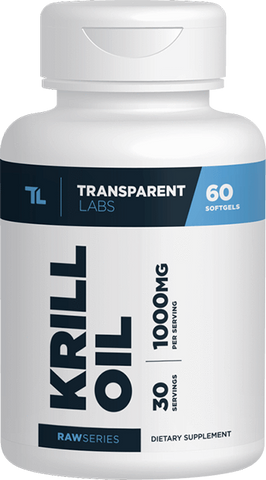
Fish oil supplements are usually very large gelatin capsules. This makes them difficult to take for many people, who find the tablet size to be overly large and difficult to swallow. Krill oil supplements are less than half the size of traditional fish oil capsules, making them easier to take. When combined with the fact that krill oil supplements are gentler on the stomach and do not cause fishy burps, it is clear that krill oil supplements are the premium form of omega-3 supplements.
- Supports brain health
Research has indicated significant correlations with omega-3 consumption and a lower risk of developing Alzheimer’s Disease or Dementia. Several studies show that krill oil supports brain health and cognition. [12]
For athletes who strategize sports maneuvers, quick thinking skills are essential to success on the field and injury-prevention. Krill oil’s high concentration of highly bioavailable omega-3 in phospholipid form supports thinking and planning skills. In addition, taking krill oil helps protect your brain as it ages and may play a role in preventing cognitive decline.
Try Krill Oil Today!
Krill oil has emerged as a powerful omega-3 supplement that offers these benefits and many more when compared to fish oil. CoreSeries Krill Oil from Transparent Labs is the athlete’s choice for omega-3 supplementation. It is more bioavailable and bio-efficient than other forms of omega-3 supplements, which gives you maximum benefits–on the field, and in life.

